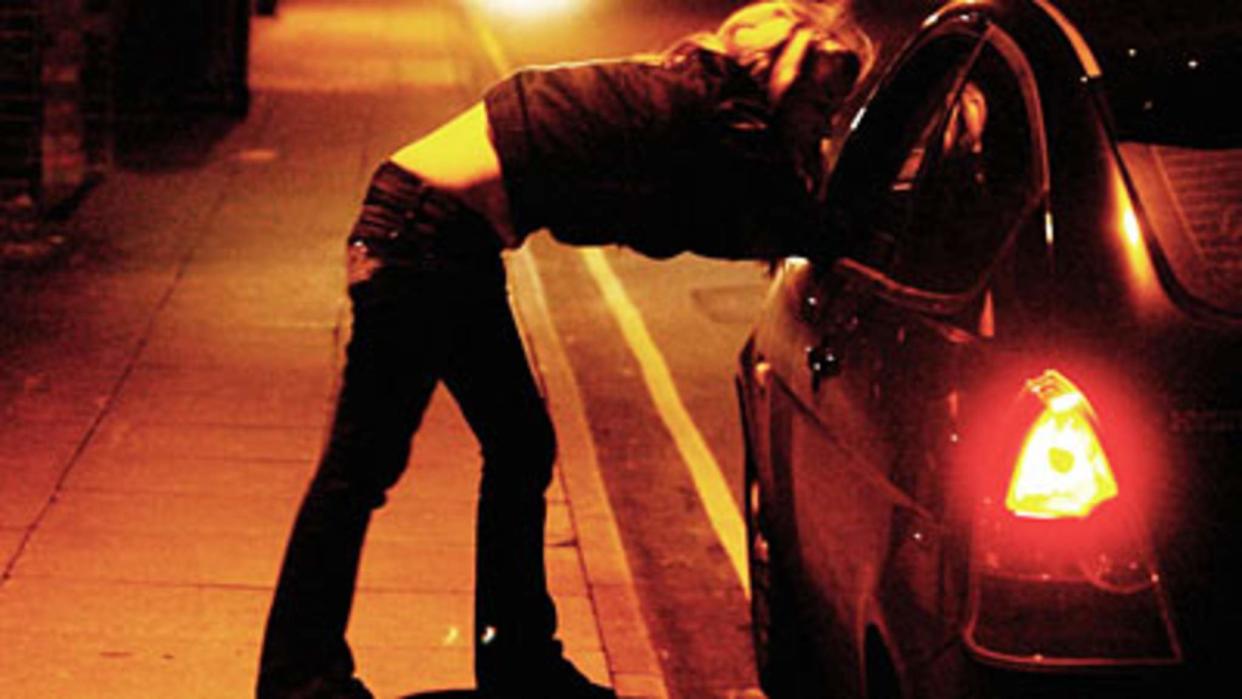Relax Laws On Soliciting By Sex Workers - MPs

Prostitution laws should be urgently rewritten so sex workers are no longer criminalised for soliciting, a Commons report has urged.
Brothel-keeping rules should also be adapted so prostitutes can share premises rather placing themselves at greater risk by working alone, and previous convictions for prostitution should be wiped from sex workers' records, MPs said.
They raised concerns that treating soliciting as an offence is having an adverse impact in terms of preventing sex workers from seeking help to leave prostitution and exposing them to violence.
But they stressed that the power to prosecute those who use brothels to control or exploit sex workers should be kept, along with a "zero tolerance" approach to criminal exploitation.
The recommendations were made by the Home Affairs Select committee as it published an interim report after launching its first inquiry into the issue.
Labour MP Keith Vaz, chairman of the committee, said there was "universal agreement" that elements of the present law are "unsatisfactory".
He said: "Treating soliciting as a criminal offence is having an adverse effect, and it is wrong that sex workers, who are predominantly women, should be penalised and stigmatised in this way.
"The criminalisation of sex workers should therefore end."
In England and Wales, buying and selling sex are not in themselves illegal but linked activities such as soliciting, kerb crawling and brothel-keeping are outlawed.
The report cited figures suggesting that around one in 10 British men aged 16 to 74 have paid for sex on at least one occasion and estimating that there are around 72,800 sex workers in Britain.
The committee said an in-depth study was needed to develop a better understanding of the extent and nature of prostitution in England and Wales.
Welcoming the report, the English Collective of Prostitutes called for an immediate moratorium on arrests, raids and prosecutions.
But the International Union of Sex Workers gave a "cautious" welcome to the report, stressing the need for comprehensive data to back decision-making and its recognition that consensual sex work is different from trafficking and exploitation.
Minister for Preventing Abuse, Exploitation and Crime Karen Bradley said: "We will carefully consider the recommendations made by the Home Affairs Select Committee Inquiry and respond in due course."

 Yahoo News
Yahoo News 
